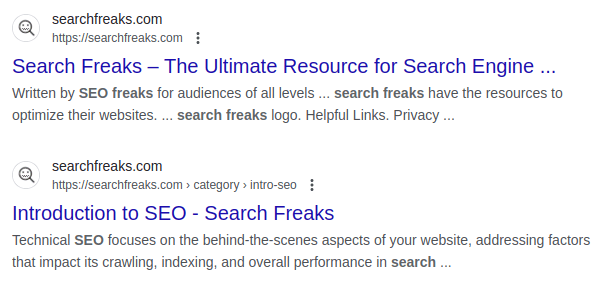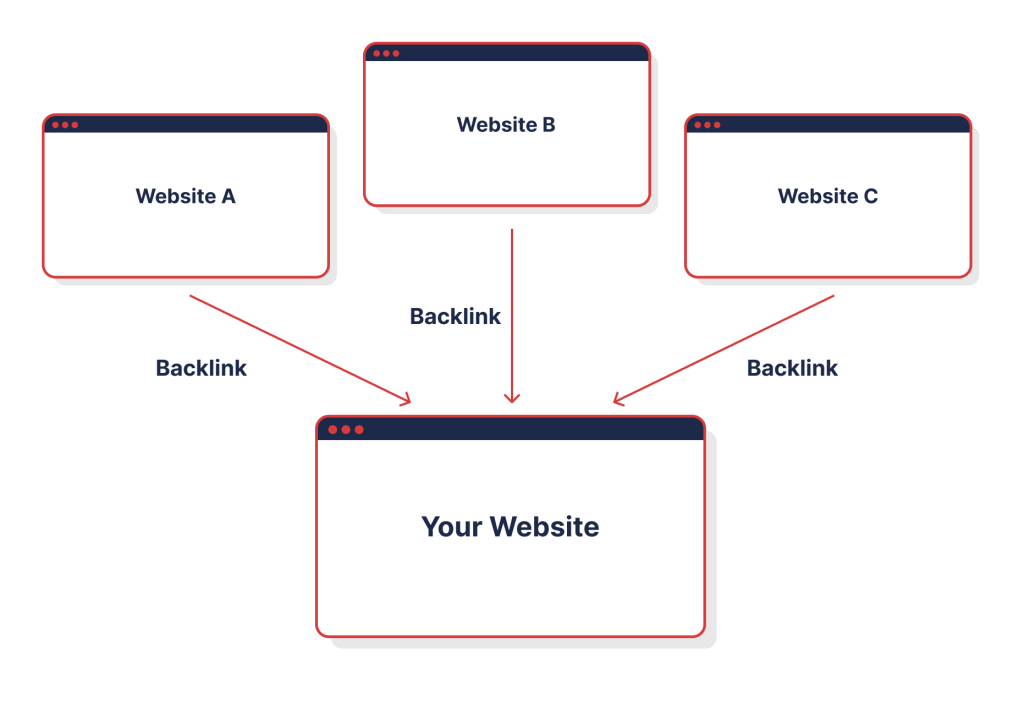Newcomers to SEO sometimes confuse on-page vs. off-page SEO, even though they’re completely different things.
While they’re both fundamental SEO elements needed boost your website’s search rankings, they do this in different ways.
On-Page SEO
On-page SEO focuses on optimizing content within a web page so that they look good to search engines.
This will usually influence how your page looks on a SERP, especially if you use rich snippets.

However, keep in mind that search engines update their algorithm all the time.
For example, meta descriptions used to be an important on-page SEO factor for Google, but now your Google search results often displays a relevant snippet instead.

Notice how Google displays the relevant search terms within the meta description.
From our experience, on-page SEO built on strong keyword research will easily help you rank for low-competition search terms, which is ideal for small blogs and new websites.
Off-Page SEO
To rank for highly competitive keywords, your website will need more authority — this is where off-page SEO comes in.

Off-page SEO aims to build website authority by generating backlinks from other websites, and is a much more time-consuming process.
The most common way to build backlinks is from guest posting and reaching out other bloggers/websites in your niche.
This is absolutely essential if you want to rank for high-traffic keywords.
Alternatively, backlinks can also be purchased or artificially generated — which is frowned upon and can penalize your SERPs in the long-run.
Conclusion – Pros & Cons
| On-Page SEO | Off-Page SEO | |
| Pros | Helps rank for low-volume and low-competition keywords Can be done by yourself or within your team | Helps your pages compete for high-traffic keywords and reach a wider audience Can benefit multiple pages, or even your whole website |
| Cons | Only benefits one page at a time; must be done for each individual page | Time consuming Needs collaboration from other websites |
At the end of the day, both on-page and off-page SEO are needed for long-term success.
